Legal marijuana has become seemingly mainstream, despite the federal government still not wanting anything to do with it.
Once Uncle Sam catches on, however, you can bet your boots the cannabis industry is going to rise within the ranks of civil society with fervor and excitement.
Weed will be sold everywhere, at least in some capacity, the same as alcohol.
The potential for this development concerns addiction experts. They argue that capitalizing on cannabis nationwide only stands to trigger the nerve of a junkie America and drag it further into the gutter.
Is cannabis use disorder a growing problem?
"Cannabis use disorder is a growing problem, especially among young people," Kevin Sabet, president of Smart Approaches to Marijuana (SAM), a former Obama drug policy advisor, and author of Smokescreen: What the Marijuana Industry Doesn't Want You To Know, told The Bluntness. "And we know that in states that have legalized recreational marijuana, cannabis use disorder has risen significantly."
According to Sabet, the cannabis industry has stolen a chapter from Big Tobacco, adopting a shameful business model that relies on addiction to turn profits.
"The marijuana market has figured out that high potency products increase the risk of addiction," he continued. "So, the industry has moved beyond the Woodstock weed of the 1960s and now markets high potency THC vapes, edibles that look like candy, and marijuana-infused sodas."
Meanwhile, cannabis advocates think Sabet is spewing propaganda. They argue that weed isn't addictive. Many claim they've been smoking pot for years, decades even, and never had any trouble quitting when called upon to do so.
And of course, anything can be addictive: TV, cheeseburgers, videogames, work, etc.
“We ain’t out there sucking dick for weed”
On the other hand, some regular consumers admit the herb can be semi-problematic, yet they'll only call it "habit-forming."
These habitual consumers might not want to go a day without getting stoned. Still, they don't consider it an addiction because weed presumably doesn't have the same physical grip as one might experience with cocaine or heroin.
This is a fairly common argument among the cannabis community: Pot addiction can't be real because it doesn't lead to the unsavory actions of hard drugs.
"No matter how heavy you use, you will probably never exchange sexual favors or steal shit for some weed," says Reddit commenter Kashmir1089. "That is real addiction."
The attitude of "we ain't out there sucking dick for weed, so we're not addicts" is no measure of the condition, Dr. Jordan Tishler, CEO of inhaleMD and Instructor of Medicine at Harvard Medical School, told The Bluntness. Sure, by definition, addiction is indicative of a person taking risks (sexual, legal, etc.) to obtain a substance, but cannabis consumers are not immune to this conduct.
"It is clear that cannabis does not typically lead to these egregious behaviors, but it can," Dr. Tishler asserts. "More importantly, [marijuana addiction] can lead to more subtle behaviors that have negative consequences for the sufferer."
Struggles with tolerance breaks
Some of the average pot consumers who responded to our Reddit thread "Is Marijuana Really Addictive?" admit to having their fair share of problems when trying to quit.
One commenter going by the handle, Zonekid, told us about the unusual effects they experienced while attempting a 90-day tolerance break.
"I remember once I quit and one month later had a nightmare (never had them) that woke me up in sweat," Zonekid said, admitting the terrible experience led to him getting high the next day. The commenter is presently making a second attempt for a tolerance break and remains hopeful for success. "Maybe I can make 3 months this time," they said.
Another commenter named xenochrist420 admits to being addicted to marijuana after nearly two decades of smoking an eighth a day. They say their leaps to stop getting high came with much worse than bad dreams.
"If I don't have it for a few hours, I'll get what amounts to nicotine withdrawal symptoms," xenochrist420 explained. "If I don't have it for 24 [hours], I get similar to alcohol withdrawal symptoms, by day three, it's like minor heroin withdrawal symptoms."
The same goes for Reddit commenter Sugarkatprime. They told The Bluntness that while trying to take a "sober October" with a bunch of friends, they learned the grip of ganja was too powerful. "By day 2, I was sweating, almost frantic about everything," they said. "Day 3-5 were tremors, random sweating when I was just sitting there, and dizziness. Day 6 I started puking as well."
We'll be the first to admit that it sounds odd that marijuana withdrawal could be as rough as coming off heroin. After all, the limited federal research we have on marijuana addiction rates show it at roughly 9-10% -- around the same as caffeine – with about the same withdrawal symptoms – irritability and headache being among them.
What does responsible use look like?
However, that research was done before marijuana was legally accessible and did not account for factors such as potency. What is certain is that some folks are having issues with Cannabis Use Disorder.
Dr. Tishler admits that the above cases mimicking the physical marks of kicking smack are a "classic description of severe cannabis withdrawal due to dependence." These symptoms don't affect many people, but they are real.
Does a small percentage of Americans getting addicted to pot mean the United States should abandon legalization? If you ask Sabet, yes, it probably does. And he might be justified in his concern.
The nation is presently in the depths of a nasty drug epidemic and contributing to the decline by telling regular people that pot is harmless seems counterintuitive. Marijuana is much milder than opioids, but it is not without harm. "Any substance can be misused, and cannabis is no exception," Dr. Tishler said.
Nevertheless, there is so much momentum surrounding marijuana legalization, at this juncture, that it doesn't seem possible to stop the progress. The focus now, at least by our best assessment, should be running damage control and educating the public about responsible use.
Sorry, wake and bakers and high drivers, this means you.
We should no longer focus on selling sanctimonious tales and overly inflated, mostly anecdotal studies to help further the cause. Instead, we should be working together, from both sides of the legalization argument, to create an honest narrative that ensures the population understands the risks of cannabis use.
But weed withdrawal won't kill you like other legal drugs, like alcohol, they'll say.
No, it won't. "Alcohol withdrawal can be lethal, and cannabis cannot," Dr. Tishler maintains. Yet, death should not be the only measure of harm.
As the doctor points out, there are sometimes consequences of the condition far worse than dying.
"People who suffer from addiction will tell you that getting sober is remarkably difficult and can rob you of your life goals," he said.
Need a little more Bluntness in your life? Sign Up for our newsletter to stay in the loop.
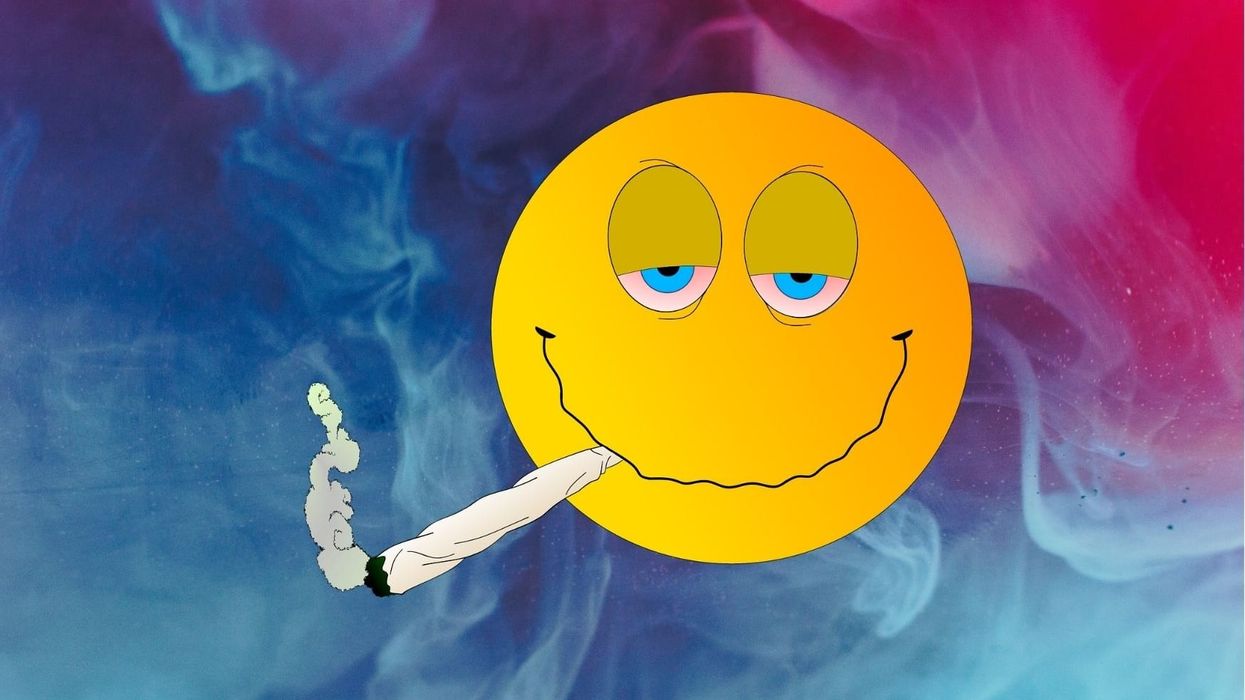








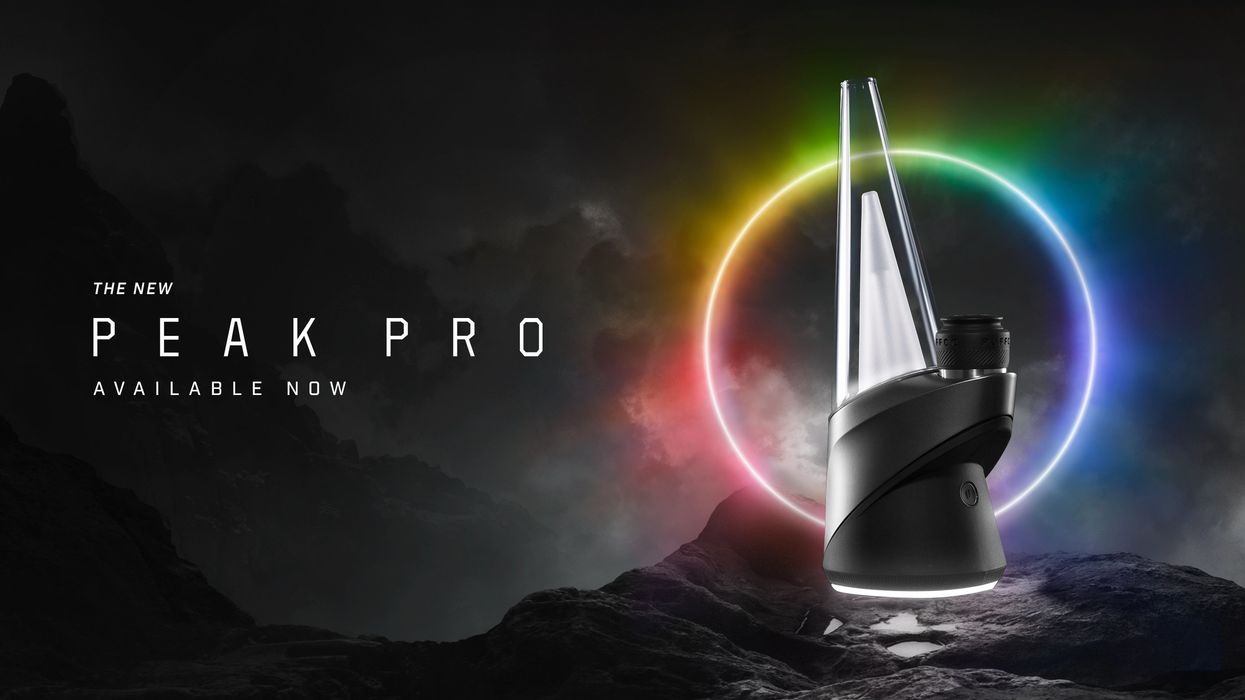



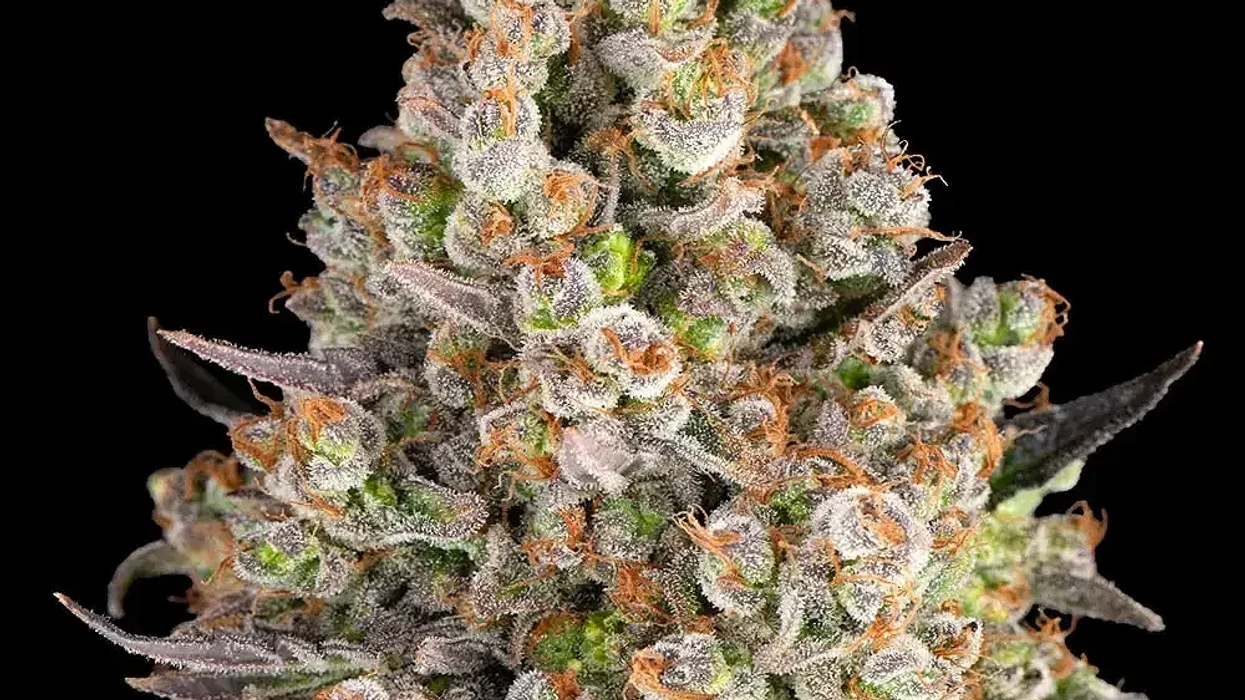
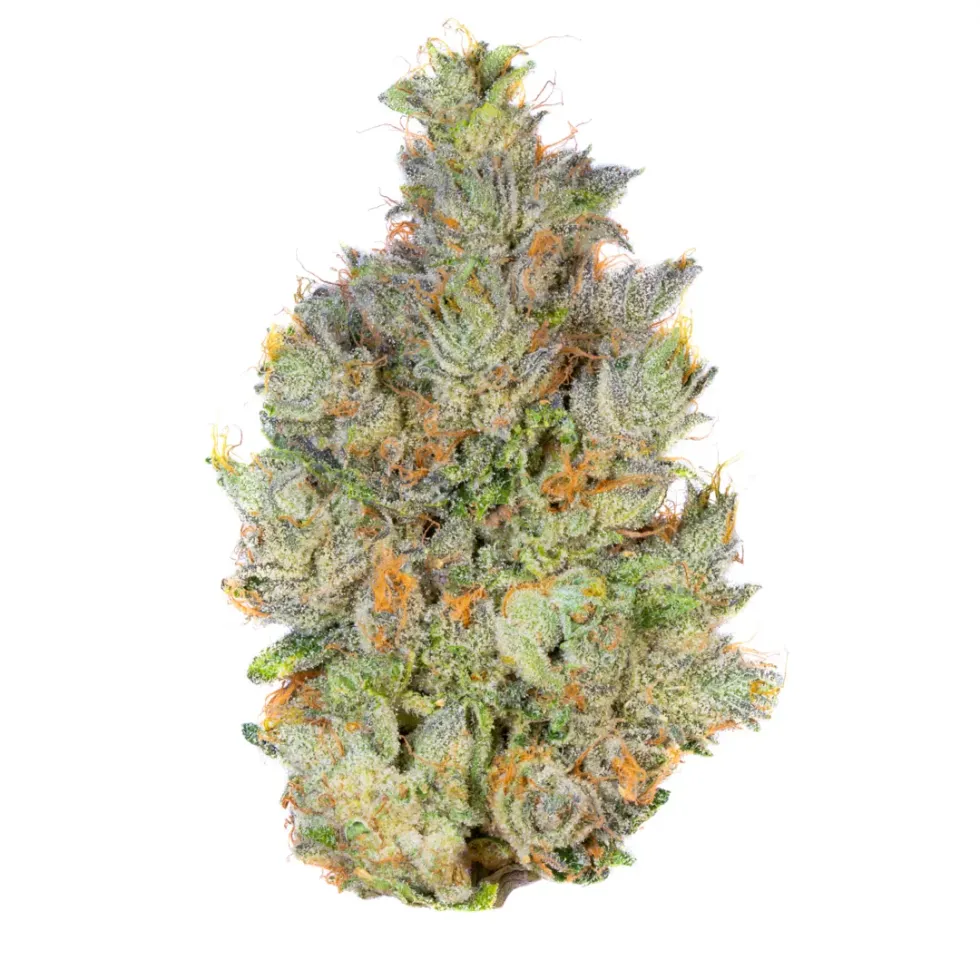 OG Kush Strain: The West Coast Classic That Defined a Generation - The BluntnessAlien Labs
OG Kush Strain: The West Coast Classic That Defined a Generation - The BluntnessAlien Labs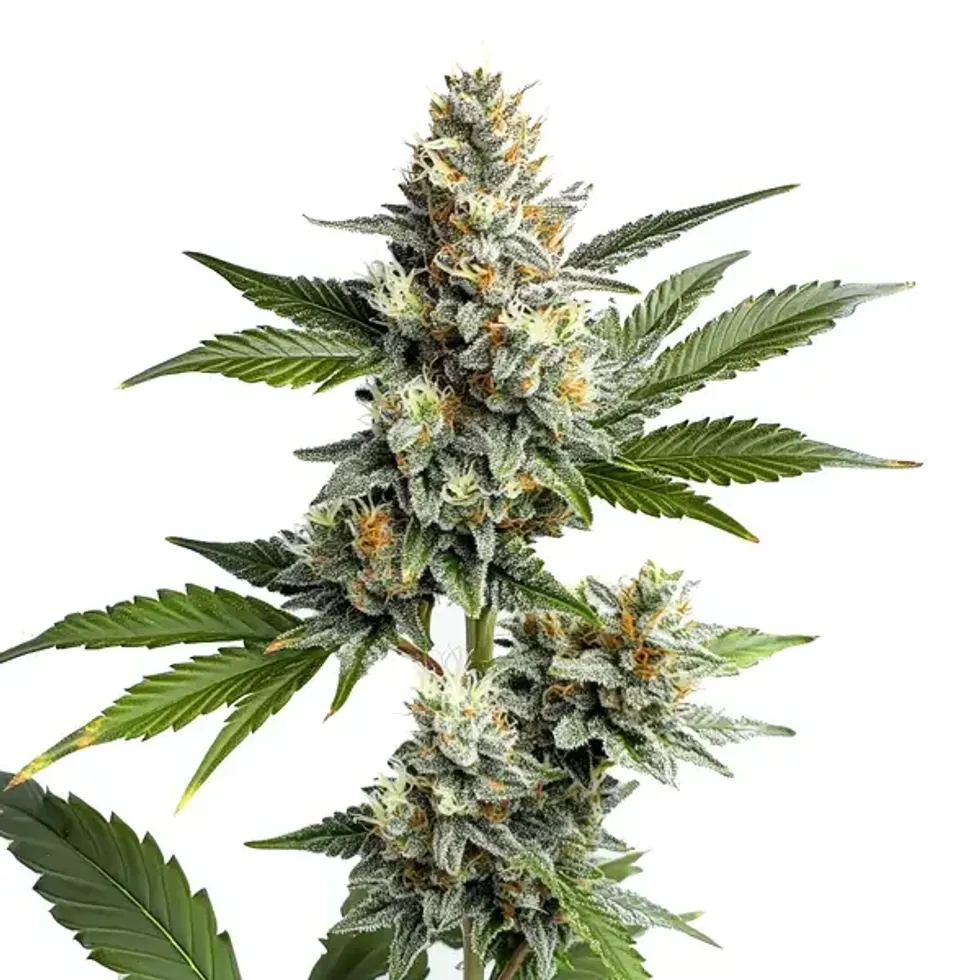 OG Kush Strain: The West Coast Classic That Defined a Generation - The Bluntness
OG Kush Strain: The West Coast Classic That Defined a Generation - The Bluntness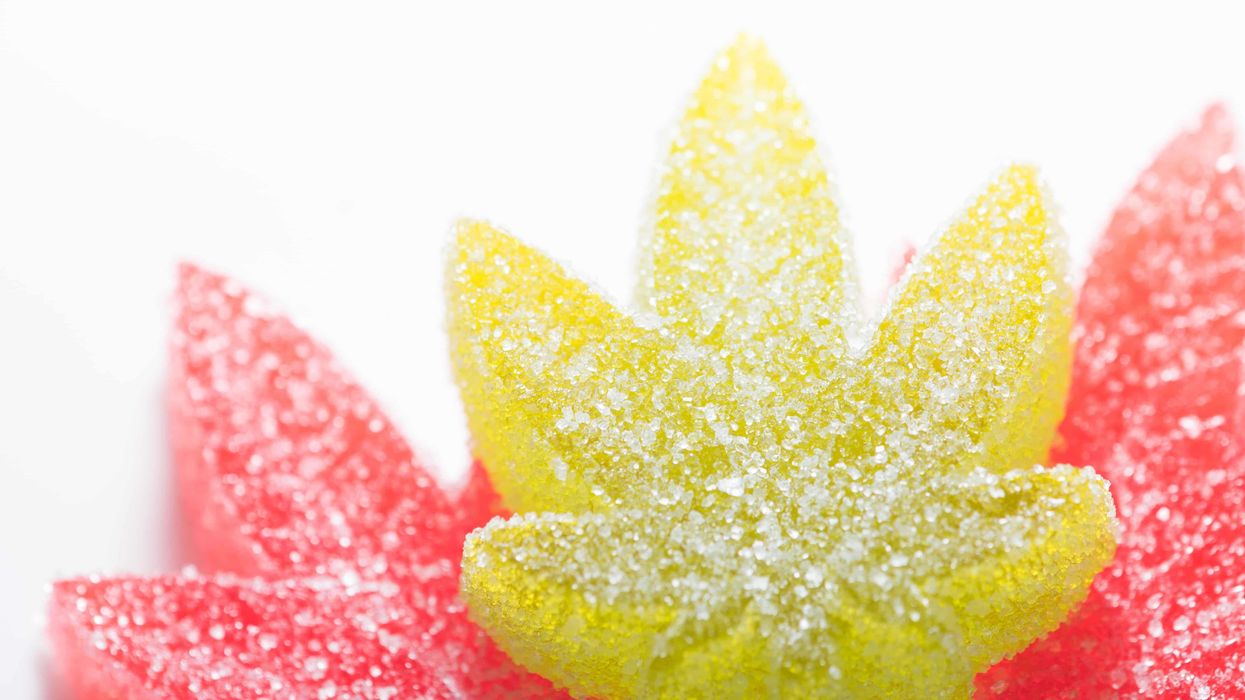
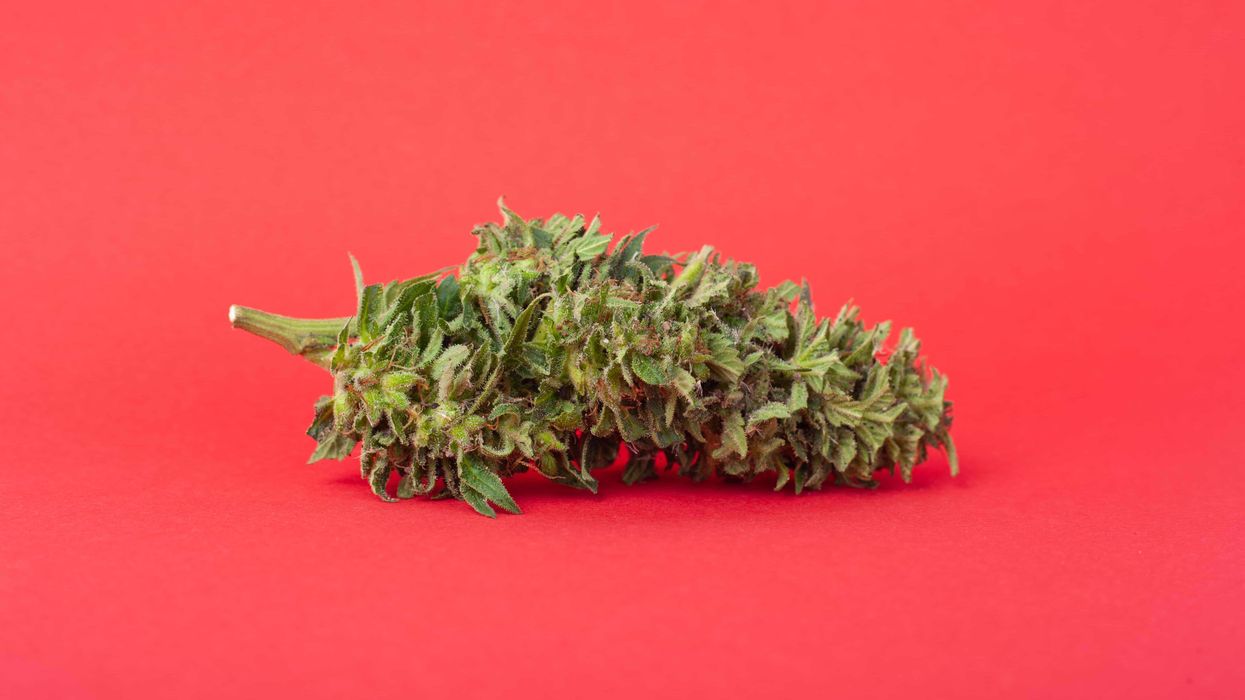
 Free Cannabis for Veterans and Those with Disabilities - The Bluntness
Photo by
Free Cannabis for Veterans and Those with Disabilities - The Bluntness
Photo by 
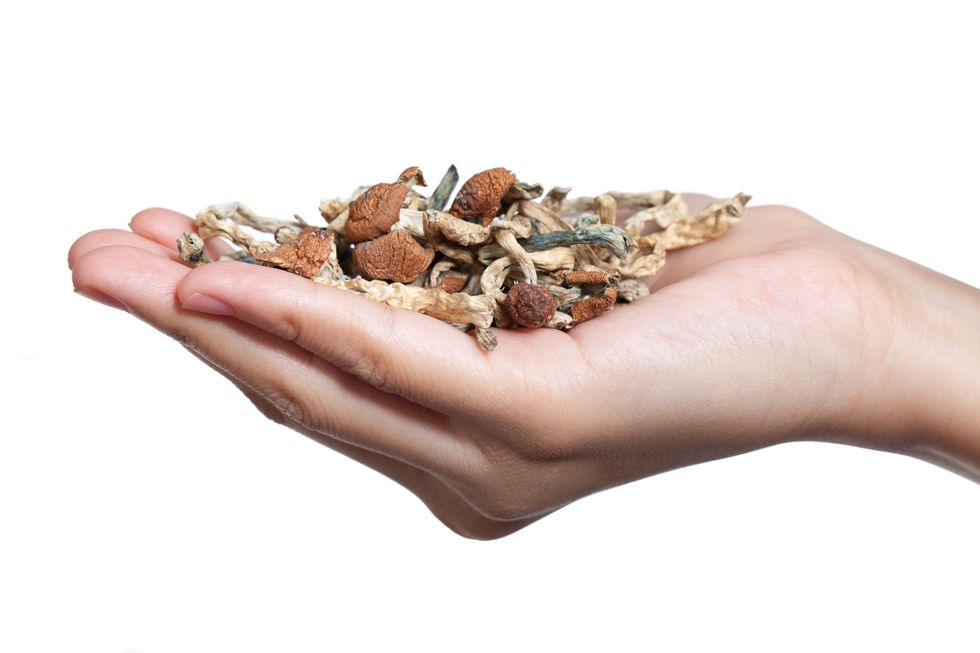 How to Make Mushroom Tea - The Bluntness
null
How to Make Mushroom Tea - The Bluntness
null
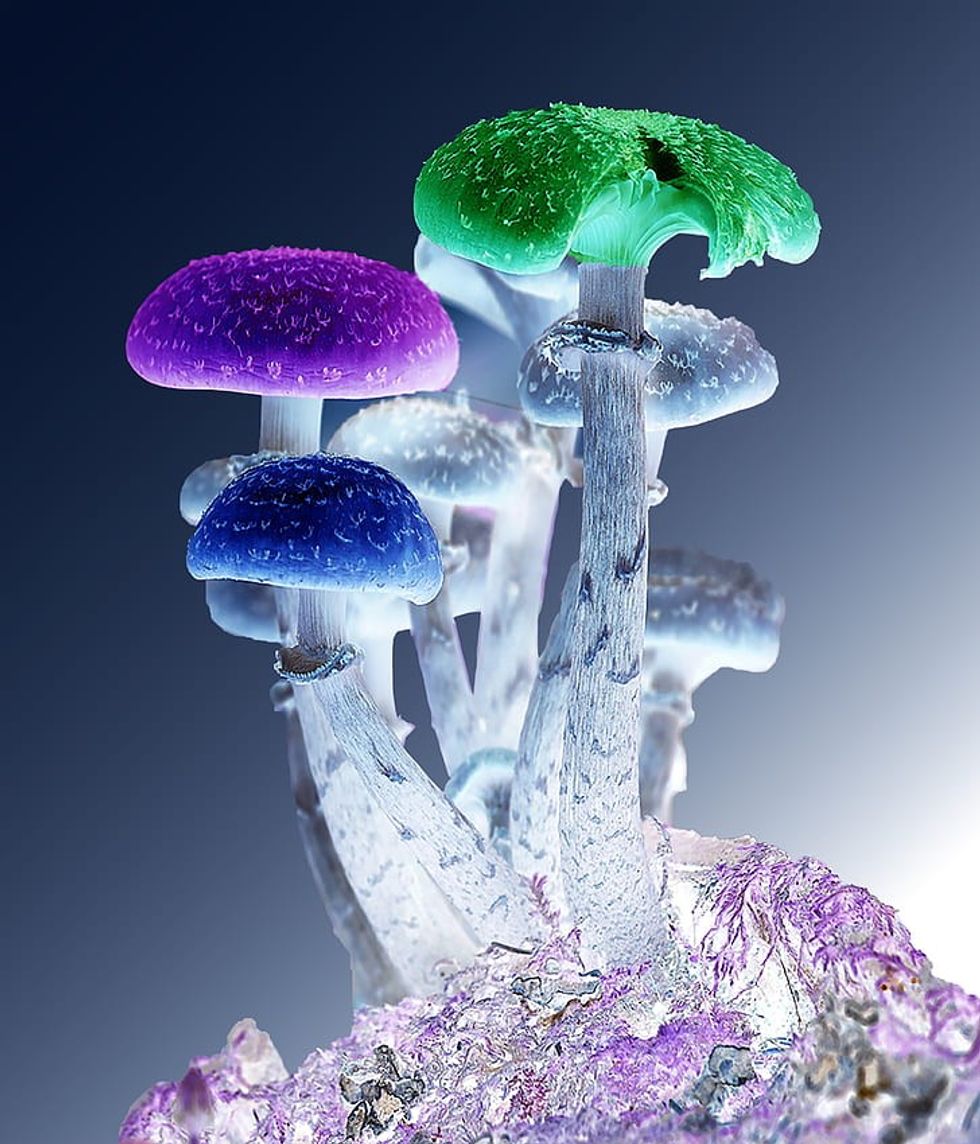 How to Make Mushroom Tea - The Bluntness
www.pickpik.com
How to Make Mushroom Tea - The Bluntness
www.pickpik.com